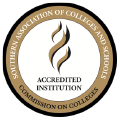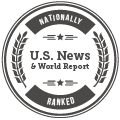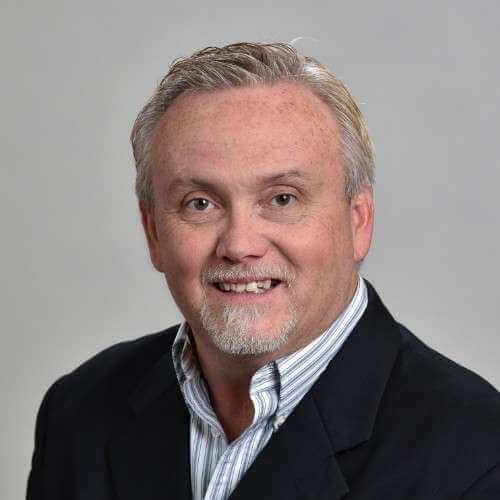X Close Menu
Complete the form below to access your program guide, which includes:
- Detailed course descriptions
- Admission requirements
- Advisor availability calendar

Our mission is more than words on paper. We live it. We share it. We take pride in it. As an online Spalding University student, we invite you to take our mission to serve others with you out into the world.
Spalding University is a diverse community of learners dedicated to meeting the needs of the times in the tradition of the Sisters of Charity of Nazareth through quality undergraduate and graduate liberal and professional studies, grounded in spiritual values, with emphasis on service and the promotion of peace and justice.
Spalding University Mission Statement
Why Spalding For Your Online EdD?
Diverse. Inclusive. Compassionate.
Join our diverse community of people who are fundamentally different from one another but have the same goals to learn, grow and carry forth the tradition of serving others with a compassionate spirit.
-
Service to Others
Dive into the many opportunities we offer to serve others and do good.


-
Compassion in Action
Become a part of the world’s first institution certified as a Compassionate University.
Which Terminal Degree is Best for Professionals?
It's important to define a terminal degree before examining your options. We’ll compare three common terminal degrees: the PhD in Leadership, the Doctor of Business Administration (DBA) and the Doctor of Education (EdD) in Leadership.
5 Fundamental Management Practices of Effective Leaders
This blog post explains how effective leaders integrate management practices and leadership skills to help organizations succeed and how pursuing a Doctor of Education can prepare you for more effective leadership by building competence in both areas.
EdD Enrollment Support
Complete the form and get instant access to your program guide. An enrollment advisor will also connect with you to learn more about your goals and share how Spalding can help you reach them.
Requirements Not Met
To proceed with either the BSN to MSN FNP or the BSN to DNP FNP, you are required to have a bachelor’s degree and hold your RN license.
If you don’t meet these requirements but would still like further information, please contact us.
To proceed with the EdD in Educational Leadership and Organizational Leadership, you are required to have a master’s degree.
If you don’t meet this requirement but would still like further information, please contact us.








